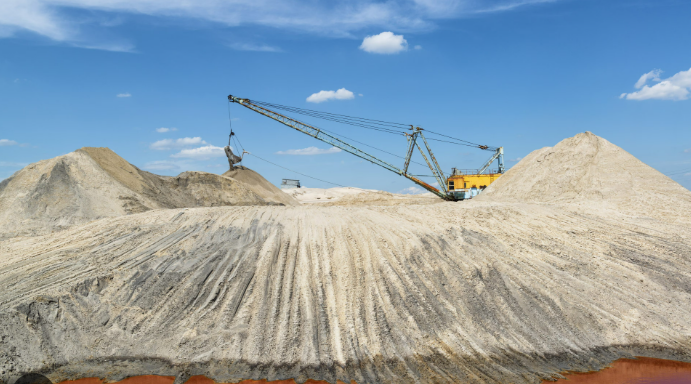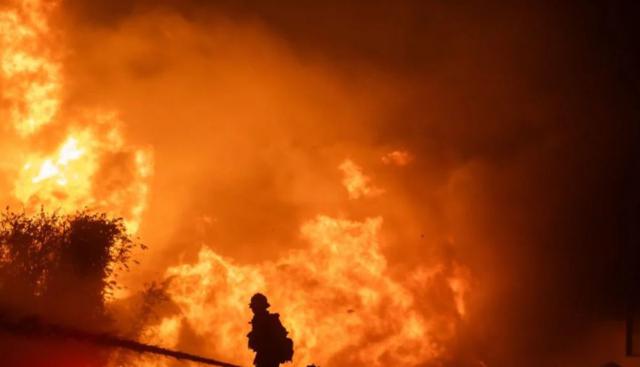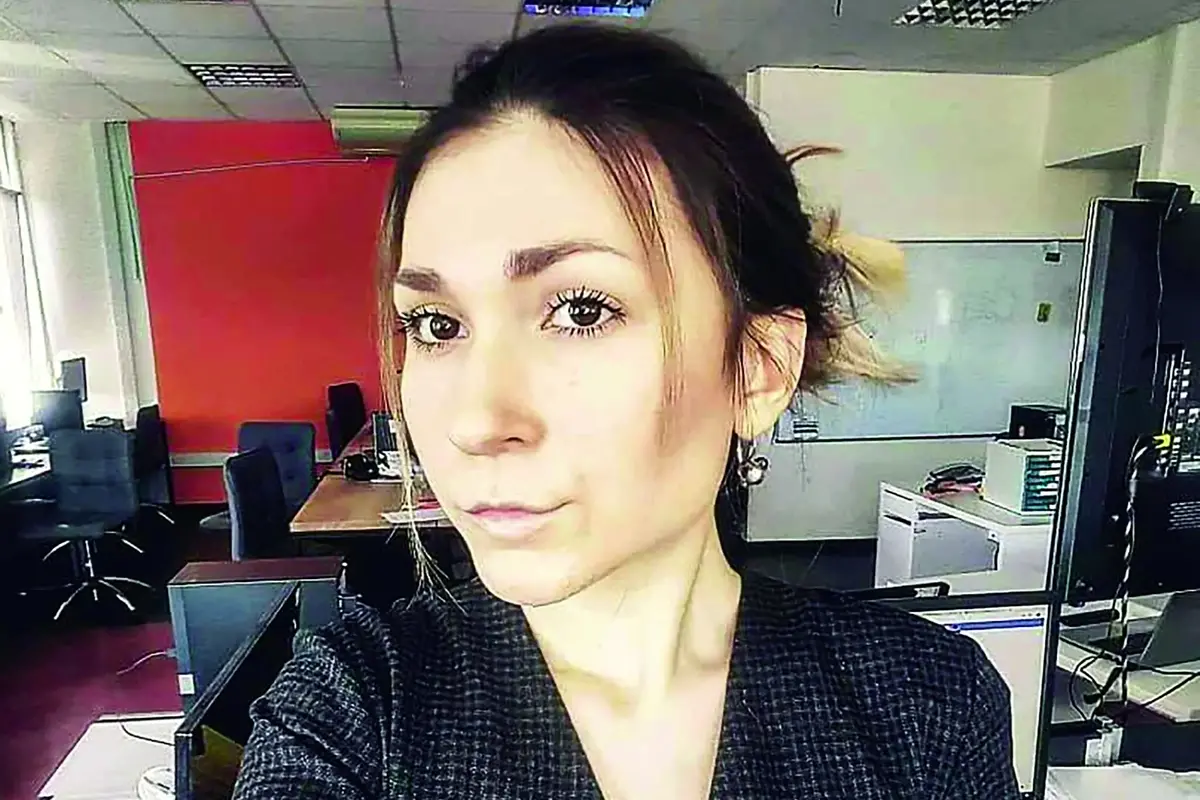[ad_1]
VIELHA, Spain (Reuters) – If Catalonia declares independence from Spain this week, one community in the region’s mountainous north might declare independence from Catalonia.
Most people in the picturesque Aran Valley – a semi-autonomous community nestled among the Pyrenees – want to stay with Spain, and the area has the right to self-determination under a law passed in 2015 by the Catalan parliament.
“We’re a little spot on the map and often we’re not taken into account,” said Maria Verges Perez, the deputy mayor of Aran’s capital, Vielha, a cluster of stone-and-slate houses on the valley floor ringed by autumnal forests.
“But we will exercise our right to decide our future.”
Catalan President Carles Puigdemont is expected to declare independence on Tuesday in Spain’s worst constitutional crisis since the return of democracy in the 1970s.
The roughly 10,000 people of Aran, on the border with France, have a language and culture distinct from the rest of Catalonia, which itself differs from the rest of Spain. The valley’s economy is heavily dependent on winter sports tourists from Spain and the EU.
Their politicians say the 2015 law gives them the right to vote on whether they want to break away with Catalonia – something which Catalan officials do not dispute.
The Spanish government has vowed to prevent Catalonia seceding. Losing the region would deprive the country of 16 percent of its people and a fifth of its economic output.
But while Madrid insists Spain is indivisible under its constitution, the Aran Valley underlines the complex nature of nationhood in such a culturally diverse country.
Ever since Spain’s return to democracy in the 1970s, Madrid has struggled to balance the country’s patchwork of regional identities, including its decades-long fight to quell separatism in the northern Basque Country led by violent militants ETA.
Few in the medieval villages along the Aran Valley doubt the community would opt to stay with Spain if asked to vote.
“The people here feel very far away from what is going on in Barcelona,” said Carlos Barrera, head of the Aran government, at a rural festival in Salardu village where locals judged stocky Pyrenean horses and handed out racks of blood sausages.
CROWN OF ARAGON
The valley had the lowest voter turnout by far in Catalonia’s Oct. 1 independence referendum, which had been declared illegal by Spain’s constitutional court.
Across Catalonia there was a 43 percent turnout, with most people who wanted to remain in Spain staying home, and 90 percent of those who voted backed secession. In Aran, just 24 percent voted, with 84 percent of those backing independence.
The valley traces its political allegiances back to pacts drawn up in the 13th century with the Crown of Aragon, a monarchy that would join with the Crown of Castille two centuries later to form what became Spain. Many locals speak Aranese, a dialect of the Occitan language still spoken in pockets of the Pyrenees and southern France.
Two years ago, the Catalan parliament approved the “Law on Aran’s Special Status”, giving it control over its culture, language and administration and recognizing “the right of the Aranese people to decide their future”.
A Catalan government spokesman said Catalonia would respect the Aranese people’s decision in any future referendum.
A Spanish government spokesman declined to comment on whether Aran could remain part of Spain, saying Catalonia would never become independent.
Aran’s residents are some of the sternest critics of the Catalan government which they say is ignoring those people who want to stay in Spain and charging toward independence at any cost.
In Vielha, a lone red and yellow Catalan independence flag hanging from an apartment block was the only evidence last Saturday of the separatist fever sweeping many parts of the region, where cities convulse with protests triggered by Madrid’s violent crackdown on the referendum.
PRICE OF INDEPENDENCE
Many people in Aran fear Catalan independence would destroy its tourism economy which revolves around Baqueira-Beret, Spain’s most popular ski resort.
About two-thirds of the population in Aran depend on the ski resort for jobs. In the winter, the population triples with the influx of skiers drawn to the same slopes used by Spain’s royal family.
Since the referendum, Verges Perez, the Vielha deputy mayor, said potential visitors had canceled almost 30 percent of hotel reservations for next week’s local holidays. And if an independent Catalonia was no longer part of the European Union, Aran’s reliance on agreements to use French hospitals for medical emergencies would be jeopardized, she added.
“That’s the trap. Nobody has explained the price that independence like this would have,” she said.
Many of Catalonia’s largest businesses have already said they are transferring their headquarters out of the region due to the political turmoil. Insurance firm Catalana Occidente, owned by the same family that owns Baqueira-Beret, is reportedly considering doing the same, although it has not confirmed it.
The valley ranks as one of Catalonia’s wealthiest regions, thanks to a tunnel that opened it up to the rest of Spain in 1948. Before then, it was a poor area only accessible by an often snow-covered mountain pass.
The valley’s politicians say holding their own referendum could be the only way to defend the local economy.
But Jaime Geli, Salardu’s 72-year-old former mayor and one of the few independence supporters here, said locals shouldn’t be so quick to throw their lot in with Spain instead of sticking with Catalonia.
Catalan authorities had protected the Aranese culture and language from a central government hostile to the idea that Spain is made up of different “nations”, he said, sat by the valley’s river.
“In Madrid, when you talk to them about different languages, it makes their hairs stand up on end.”
Reporting by Angus Berwick; Editing by Mark Bendeich and Pravin Char
[ad_2]
Source link






Leave a Reply